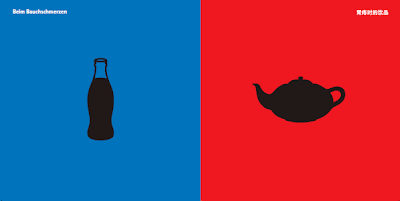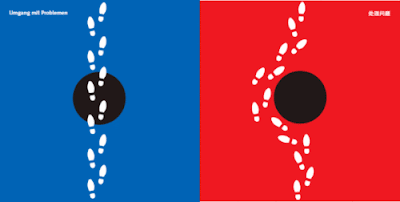I picked this up at my local DVD store a while ago thinking it would be one of those “so awful its funny” movies. And man, did it deliver. The Agony Booth has an eleven page tour-de-force breakdown of what is listed on IMDB as #80 in its 100 bottom ranked films, but really George Harrison captured the essence of the entire production in the title song for the movie, which he executive produced. Some sort of karmic balance for producing Monty Python’s Life of Brian, I guess. Sing along kids, my favorite bit is “I’d like to know you but you’re acting so coolie.” Wow, dude. Wow.
I can’t understand how i’ve gone astray,
I should be sailing away on a liner.
I was knocked on my back on a dock at yang-tse,
It’s a hell of a way to see china.But i’m ready.
You must be crazy…
And you got no money…
And you’re a liar…My straits are dire from the wok into the fire,
I’d like to trust you but i’ve broken my rickshaw.
Sometimes there’s no hope in, in chasing opium,
I’d like to love you but i’m not sure what’s in your eyes,
Mm, shanghai surprise.Whatever you’re saying, i want it anyway in
Been hanging ’round like a kid at your back door.
Oh, babe!
You could be kinder, and show me asia minor,
I’ll let you love me, let you see what’s here in my eyes,
Shanghai surprise.You must be crazy… crazy…
And you got no money… money…
And it seems like madness…Back streets so crowded that no room to swing a cat,
I’d like to know you but you’re acting so coolie.
I’m finding out pursued by evil looking dudes,
It’s getting hot for me like tofu when it deep fries,
Oh, shanghai surprise.But, baby, you look like any common crook
That’s hanging ’round in those real shady places.
Oh, baby!
While you assess me, why not try to impress me?
Step over here, let me see what’s there in your eyes,
Oh, shanghai surprise.I don’t understand how i got delayed,
I should be sailing today on a liner.
Was kicked in the ass on a dock at yang-tse,
It’s no way for a man to see china.But i’m ready.
You must be crazy… crazy…
And you got no money… money…
But you’re a tryer…My straits are dire from the wok into the fire,
I’d like to meet you but i’ve broken my chopstick.
Sometimes there’s no hope in, in chasing promises,
I wanna love you though it could prove to be unwise,
Shanghai surprise.Whatever you’re saying, i want it anyway in
In hanging ’round for a ride on your rickshaw.
Oh, babe!
You may correct me, now that you’ve inspected me,
Come over here, let me feel you cut down to size,
Oh, shanghai surprise.My straits are dire from the wok into the fire,
I’d like to know you but i’m not really social.
Sometimes it’s no joke, can’t cope with opium,
I’d like to love you but i’m not sure what’s in your eyes,
Shanghai surprise.Shanghai surprise.
Shanghai surprise.
And you got no money…
But you’re a tryer…
Wow.



